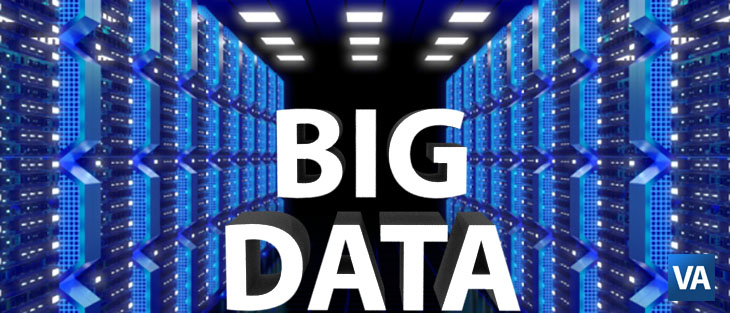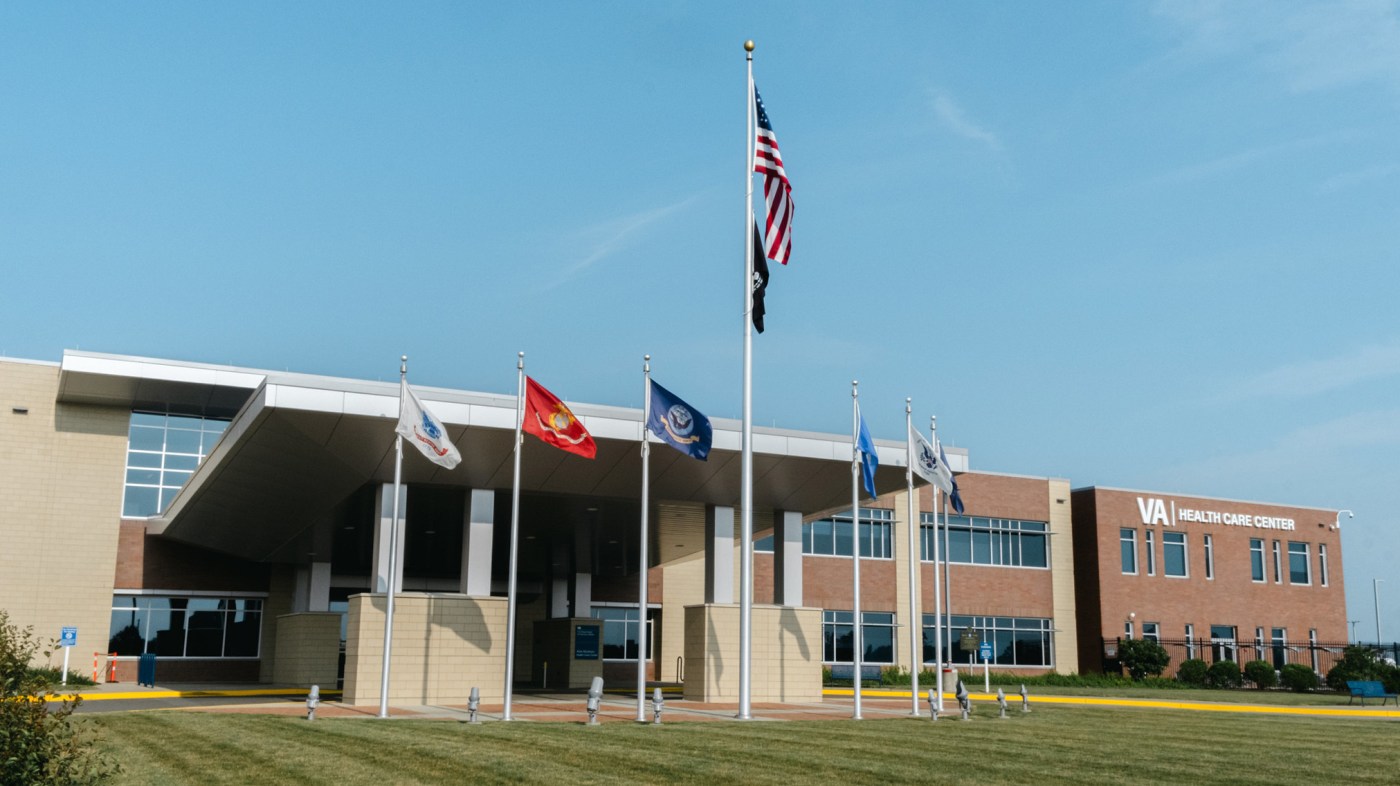Using health data to understand disease and wellness as well as the best treatment and prevention options for
“Big data” in health care is a term used to describe complex and very large data sets that have evolved since the inception of electronic health records. VA currently has more than 1 billion data points available to assess Veteran health. The pilot initiative called the Big Data Scientist Training Enhancement Program (BD-STEP) will develop programs to train a new generation of “hybrid” clinical data scientists in how to use data sets, algorithms and models – to develop innovative solutions to improve health care delivery.
Traditional data scientists are trained in disciplines such as computer science and applications, modeling, statistics, analytics and math. As health care increasingly moves toward use of big data, it is important to ensure traditional data scientists understand clinical settings and health care operations as they relate to the data they evaluate. BD-STEP proposes to establish this new generation of “hybrid” clinical data scientists to work closely with VA clinicians in the clinical setting.
“Potentially, BD-STEP can redefine care delivery by training clinical data scientists to understand and interpret the rapidly increasing amount of data generated in clinical settings and to utilize the data to directly impact decisions in clinical care,” said Under Secretary for Health Dr. David Shulkin. “Our goal is to grow a trainee’s professional capacity to fully understand the mechanics of VA’s health care delivery system and to use data to enhance Veteran care.”
Six VA Medical Centers are participating in this pilot program: Boston, Massachusetts; Buffalo, New York; Durham, North Carolina; Houston, Texas; Palo Alto, California; and Seattle, Washington. Each site is matched with one to two trainees of renowned academic institutions in the big data field. Current projects include partnerships with Stanford University on “Longitudinal Medical Radiation Exposure and Cancer Risk,” Harvard University to look at the “Diversity in Epidemiological and Genetic Predictors of Onset and Progression of Myeloma,” and the University of Southern California on “Hepatocellular carcinoma prediction models for Hepatitis C Patients.”
BD-STEP also supports the Precision Medicine Initiative, a new research effort by the White House to revolutionize how VA improves health and treats disease. It also represents the first time that VA’s Veteran Health Administration’s Employee Education System, Office of Academic Affiliations and its Office of Research and Development have worked together with NCI’s Center for Strategic Scientific Initiatives to build a program.
Topics in this story
More Stories
Online dating can be dangerous for Veterans, especially as romance scams become more prevalent.
VA has announced a new policy limiting the display of flags at VA facilities, effective immediately.
VA Privacy Service and Office of Information Security want to share with Veterans the importance of understanding privacy and security versus convenience and how to best protect their personal information.






With all of the positive changes at the VA,s. The biggest change is denial of needed pain medicine by non-medical congress members. Which boils down to denial of medical care. More attention is directed to the number of suicides and overdoses because of pain medicine. It is a problem, but not one to deny people who are responsible, and have a documented need for the medicine. Instead, any decent quality of life is taken away in an effort to “do something” about a problem by our non-medical leaders. Which will fill-up the VA cemeteries with disillusioned veterans faster, who are being thanked for their service in one hand and having their right to needed medicine and to live a life somewhat pain free. Like others in our society with money, power or a position that are unaffected by 24 hours a day in pain. Thank you for your service is less effective when the ones who have the most control, leave veterans condemned to their beds 24/7 for lack of a little help from those who count.
The whole V.A. System still amazes me? I served in the Marine Corp an did my tour in Vietnam where I recieved several combat awards including a purple heart. Filed several claims when I was 60, took three years to prcess multipule claims, then the VA used their “Magic” formula to turn 90% disability into 70%. It gets better a couple of months ago I was inform that if I was station at Camp Lajunea between the 50’s and 80’s drank contaminated water which might cause health problems? After being shot in Vietnam and drinking toxic water for the last three months of my service, when am I going to get a break?
Disappointed that West Haven isn’t involved. Especially with the Yale/New Haven connection. Would also love to see a partnership with IBM/Watson – it is loaded with medical data.
And would be a great way to look at the Agent Orange connections of medical issues for the Vietnam Veterans. And new medical issues for our younger Veterans due to their service in the Middle East.
All of these improvements and now it takes ninety two days to get to see my VA primary care physician. Good thing I’m not dying yet but don’t worry ba it won’t be too long.